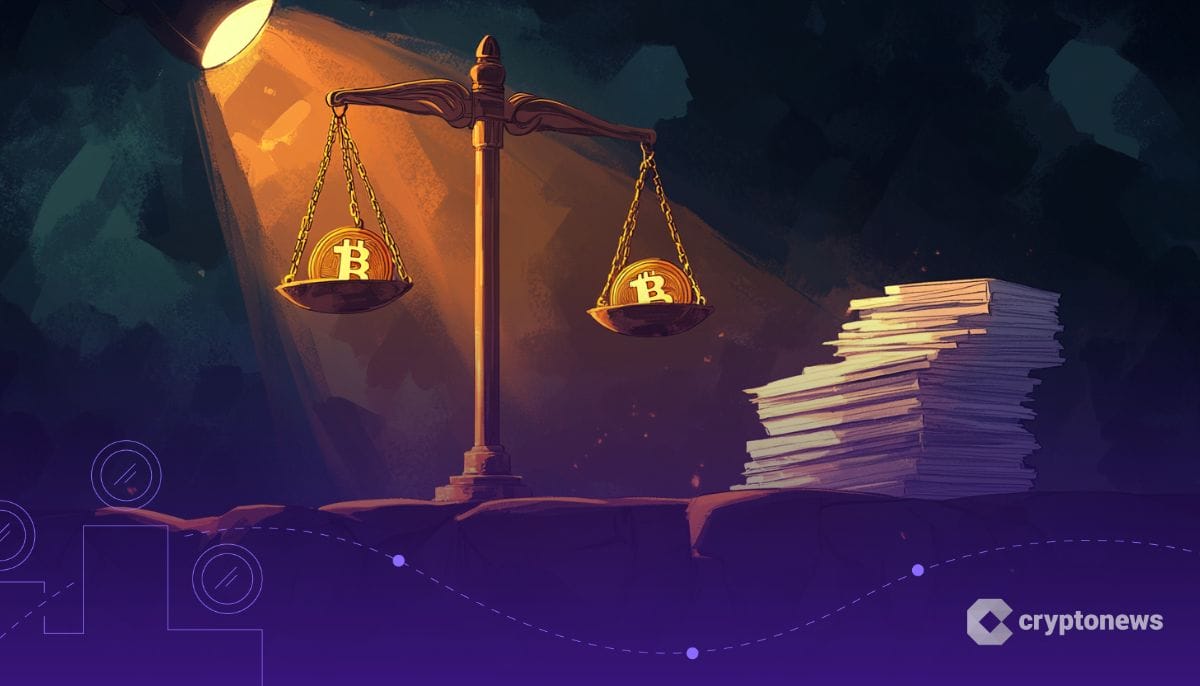Last updated:
 Why Trust Cryptonews
Why Trust Cryptonews
Ad Disclosure
We believe in full transparency with our readers. Some of our content includes affiliate links, and we may earn a commission through these partnerships. Read more

Gemini, the cryptocurrency exchange founded by Tyler and Cameron Winklevoss, reached an agreement on January 6 to pay a $5 million civil penalty, resolving a lawsuit brought by the Commodity Futures Trading Commission (CFTC) over alleged misleading statements.
Gemini and CFTC Resolve Misleading Statements Case
The agreement, filed in the U.S. District Court for the Southern District of New York, outlines a proposed consent order to resolve all claims against Gemini.
According to a Bloomberg report, the order will allow Gemini to avoid a civil trial originally scheduled for January 21.
This trial stemmed from the CFTC’s 2022 lawsuit, which accused Gemini of providing false or misleading information during the evaluation of its Bitcoin futures product.
The CFTC alleged that between July 2017 and December 2017, Gemini made inaccurate claims about whether its proposed Bitcoin futures contract would be “readily susceptible to manipulation.”
Additionally, the lawsuit highlighted that Gemini engaged in undisclosed fee arrangements with specific market participants, such as market makers.
These arrangements, designed to boost trading in Gemini’s Auction, were not disclosed to all customers or made available on the company’s website.
Under the terms of the settlement, Gemini agreed to pay a $5 million penalty and refrain from making false or misleading statements to the CFTC in the future.
While agreeing to the settlement, Gemini neither admitted nor denied the allegations.
CFTC’s Broader Crackdown on Crypto Misconduct
The dispute between Gemini and the CFTC is part of the agency’s broader efforts to address misconduct within the cryptocurrency industry.
In 2024, the CFTC reported recovering over $17 billion in civil penalties, disgorgement, and restitution across various cases involving crypto firms accused of violating U.S. commodities laws.















